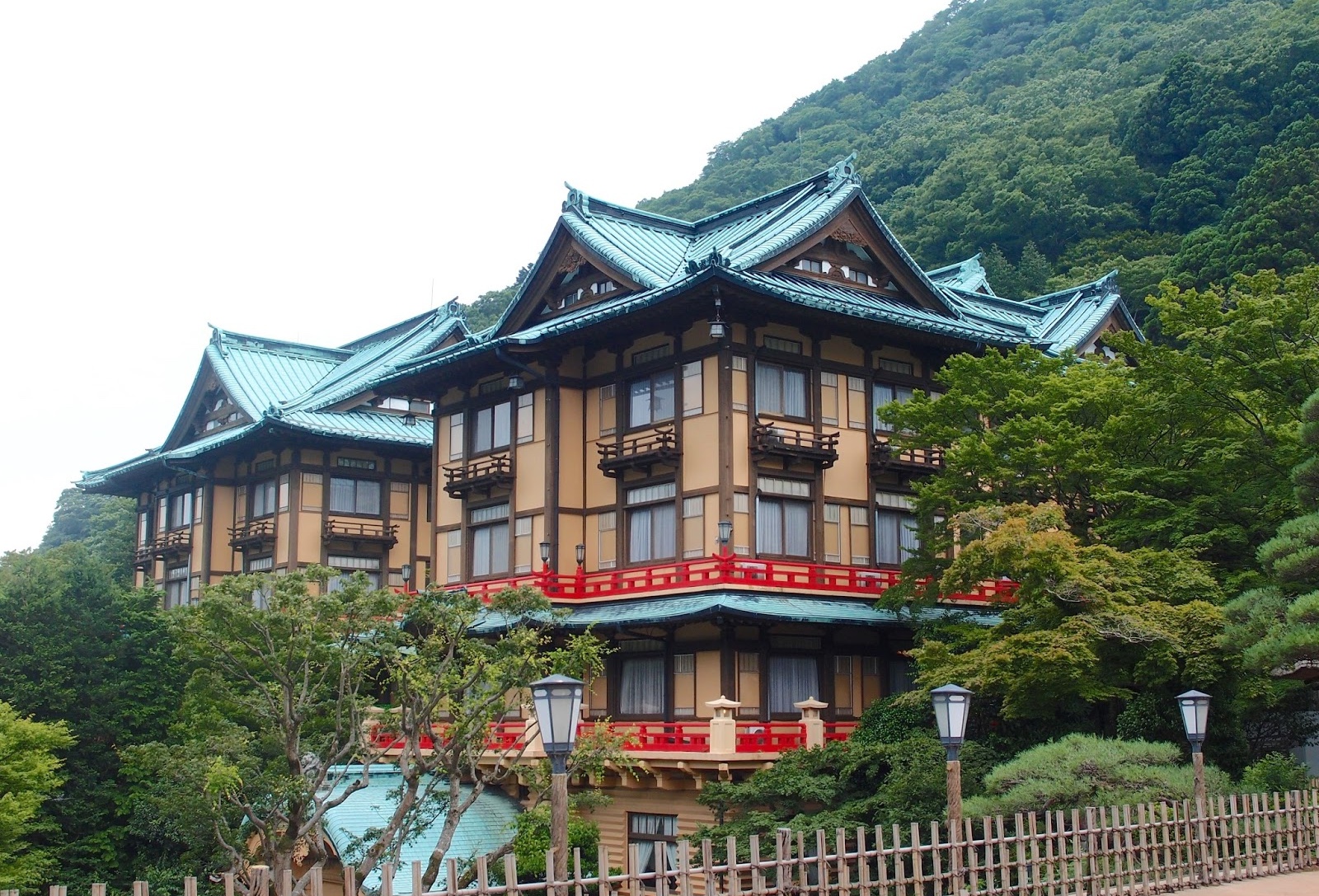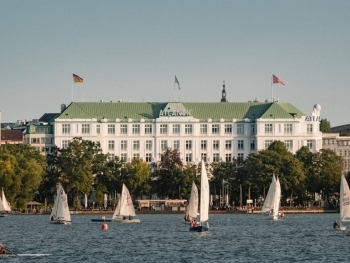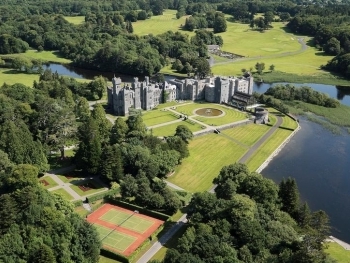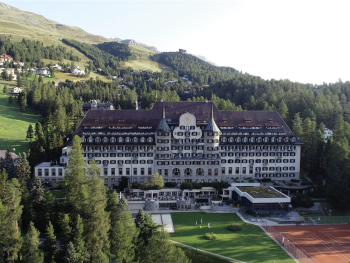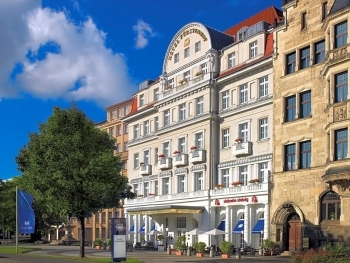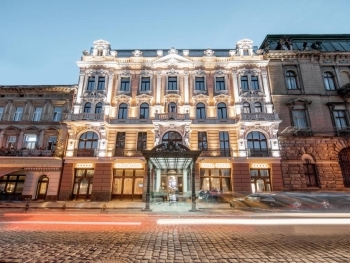Nestled in the picturesque town of Hakone, Kanagawa Prefecture, Fujiya Hotel stands as a testament to Japan's rich cultural heritage and its storied past. Established in 1878, Fujiya Hotel is one of Japan's oldest Western-style hotels, blending traditional Japanese aesthetics with Western influences. This iconic establishment has hosted dignitaries, celebrities, and travelers from around the globe, offering a unique experience that marries luxury, history, and the natural beauty of its surroundings.
Historical Background
Fujiya Hotel was founded by Sennosuke Yamaguchi, a visionary who recognized the potential of catering to the growing number of Western visitors during the Meiji era. This period marked Japan's rapid modernization and opening to the West, making it an opportune time for establishing a hotel that could accommodate Western tastes while showcasing Japanese hospitality.
From its inception, Fujiya Hotel was designed to be more than just a place to stay; it was a cultural bridge. The architecture of the hotel features a distinctive mix of Japanese and Western styles. Traditional Japanese wooden structures coexist with Victorian elements, creating a harmonious blend that has become the hallmark of Fujiya Hotel.
Architectural Marvel
The architecture of Fujiya Hotel is a significant draw for visitors. The main building, known as the "Main Wing," was completed in 1891 and is a striking example of this East-meets-West design philosophy. The interior of the hotel boasts ornate wooden carvings, intricate stained glass windows, and meticulously maintained gardens that reflect the beauty of the surrounding landscape.
The Chrysanthemum Room, one of the hotel's dining rooms, is particularly notable for its elegant decor and historical significance. The room features beautiful woodwork and a ceiling adorned with hand-painted chrysanthemum motifs, showcasing the craftsmanship of the era. This room has hosted numerous high-profile events and banquets over the years, adding to its storied past.
Cultural Significance
Fujiya Hotel is not just a hotel; it is a cultural institution. Throughout its history, the hotel has played a significant role in promoting Japanese culture and hospitality to an international audience. It has been a preferred choice for royalty, political figures, and celebrities. Some notable guests include John Lennon, Charlie Chaplin, and Prince Albert of Monaco.
The hotel's commitment to preserving traditional Japanese customs is evident in its service and amenities. Guests are greeted with warm hospitality and can experience traditional Japanese tea ceremonies, hot spring baths (onsen), and kaiseki dining, which is a multi-course Japanese meal that emphasizes seasonal ingredients and meticulous presentation.
Modern Amenities and Services
Despite its historical charm, Fujiya Hotel offers all the modern amenities that contemporary travelers expect. The rooms and suites are equipped with modern conveniences while maintaining their historical character. The hotel features multiple dining options, including French, Japanese, and Chinese cuisine, ensuring a diverse culinary experience for guests.
The onsen facilities at Fujiya Hotel are a major attraction. The natural hot springs of Hakone have been renowned for their therapeutic properties for centuries, and the hotel's beautifully designed baths offer a serene and rejuvenating experience. The outdoor baths, surrounded by lush gardens, provide a perfect setting for relaxation.
Preservation and Renovation
Over the years, Fujiya Hotel has undergone several renovations to preserve its historical integrity while upgrading its facilities. The most recent renovation, completed in 2020, focused on restoring the hotel's original architectural features and updating its infrastructure to meet modern standards. This careful balance of preservation and modernization ensures that Fujiya Hotel remains a timeless destination for future generations.
Environmental Sustainability
In addition to its commitment to cultural preservation, Fujiya Hotel has also embraced environmental sustainability. The hotel has implemented various eco-friendly practices, such as energy-efficient lighting, waste reduction programs, and sourcing local and organic ingredients for its restaurants. These efforts reflect the hotel's dedication to preserving not only its cultural heritage but also the natural beauty of Hakone.
Fujiya Hotel is more than just a place to stay; it is a journey through time and culture. With its rich history, architectural splendor, and commitment to hospitality, Fujiya Hotel offers an unparalleled experience that celebrates the best of Japan. Whether you are a history enthusiast, a lover of architecture, or simply seeking a luxurious retreat in the heart of nature, Fujiya Hotel promises an unforgettable stay. As it continues to welcome guests from around the world, Fujiya Hotel stands as a beacon of Japanese tradition, elegance, and timeless charm.
